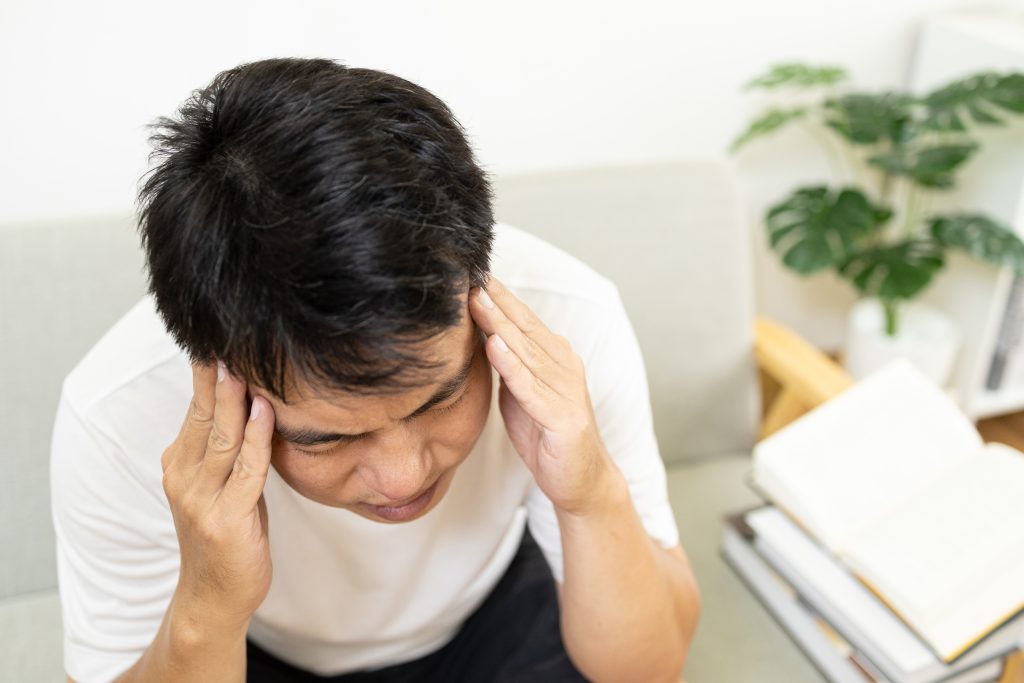 Many people experience hearing loss or tinnitus because of aging or exposure to excessive noise. However, hearing loss can also be caused by Meniere’s disease. Named after the French doctor who discovered the illness in the 1800s, this disease causes pain in the ear, dizziness, hearing loss, vertigo, tinnitus, and even uncomfortable pressure.
Many people experience hearing loss or tinnitus because of aging or exposure to excessive noise. However, hearing loss can also be caused by Meniere’s disease. Named after the French doctor who discovered the illness in the 1800s, this disease causes pain in the ear, dizziness, hearing loss, vertigo, tinnitus, and even uncomfortable pressure.
What is Meniere’s Disease?
Meniere’s disease is a disease that occurs in the inner ear of one ear. Pressure builds up in the ear and this leads to vertigo, nausea, and dizziness. Meniere’s disease is essentially tinnitus and permanent hearing loss. It is usually diagnosed in people who are in their 40’s and 50’s, even though people of all ages can get Meniere’s disease. Unfortunately, there is no cure for Meniere’s disease, but there are treatment options available to minimize symptoms and help manage the pain.
Causes of Meniere’s Disease?
It is unknown what exactly causes Meniere’s disease. However, it is more prevalent in families that have a history of it. Or, it could be a chemical imbalance with the fluid in your ear. Meniere’s Disease usually starts in the inner ear through a buildup of pressure. Several issues can cause pressure and swelling in this area, including:
- An allergic reaction
- Extreme stress levels
- Respiratory infection
- Injury to the neck or head
- Build-up of fluid in the inner or middle ear
- Respiratory infection
- An allergic reaction
- Heightened stress levels
- Ear infection
Meniere’s Disease Symptoms
The main identifying symptom of Meniere’s disease is the buildup of pressure in the ear. This leads to frequent dizzy spells, tinnitus, and hearing loss. These symptoms often occur together.
Meniere’s feels like an attack, and it can last several minutes to a few hours. People who experience this may have repeated episodes over the course of a few days and then have no symptoms for an extended period of time. It can cause exhaustion in people who experience this.
The 3 Stages of Meniere’s Disease
Meniere’s Disease occurs in three stages which slowly worsen over time. In stage one, the symptoms are mild and infrequent. You may experience brief bouts of vertigo and a feeling that the ear is stuffed or full during this time. You may also experience tinnitus during this first stage.
In stage two, tinnitus and hearing loss worsen, while the sensation of vertigo tends to lessen. You most likely will experience infrequent episodes with months of relief in between attacks.
In stage three, your experience with vertigo becomes even less common, but hearing loss and tinnitus increase in severity. You may begin to experience balance issues and feel unstable when walking.
Hearing Loss and Meniere’s Disease
Hearing loss is closely linked to Meniere’s disease. As the disease progresses, hearing loss and tinnitus worsen, and low-frequency hearing loss or hearing loss that affects low-pitch sounds are most associated with Meniere’s disease. Over time, hearing loss can affect both ears. Meniere’s disease differs from vertigo which isn’t a disease but a symptom of another condition you may be experiencing.
Living with Meniere’s Disease
Meniere’s disease doesn’t have a cure, but there are therapies available to manage the disease and control the symptoms. You may be encouraged to change your diet to manage your symptoms, including a reduction in sodium intake. This helps relieve pressure in the ear, and reduce symptoms of vertigo and hearing loss. You may want to avoid alcohol and caffeine to help manage Menieres’ disease and tinnitus.
Smoking can make Meniere’s symptoms more severe. Stopping smoking will improve your health, and may reduce symptoms, and the number of attacks.
Learning how to better manage your stress with breathing exercises or meditation can also lower the severity of attacks. High-stress levels are linked to tinnitus and Meniere’s disease. Your healthcare provider can prescribe diuretics, nausea medications or motion sickness pills to minimize symptoms.
If you are experiencing symptoms of Meniere’s disease including dizziness, and loss of balance, contact your health professional or audiologist immediately. Your audiologist will help treat your hearing loss with hearing aids that will help you hear better and increase your balance. Prescription hearing aids are made for your unique hearing loss.
If you suffer from low-frequency or high-frequency hearing loss, your hearing aids will help you hear better. Your audiologist can work with you to determine the best type of hearing aid for you. They also offer tinnitus therapy so you can learn to live and minimize the distracting ringing in your ears.
To learn more about Meniere’s Disease, contact El Dorado Hearing. We are passionate about helping you manage your symptoms. We are experts in hearing and tinnitus and will strive to help you hear better.




Leave a Reply